Brighter Tomorrow: Help the children of Babag, Philippines
In the mountains of Cebu, child sponsorship has the power to send children to school safely and encourage them to chase their dreams.
In the Kachin state, a remote region in the extreme north of Myanmar, children are fighting. They are fighting to go to school. To study at any cost, in spite of the armed conflicts which force entire villages out of their homes. In spite of the cheap and ever-present drugs that wreak devastation and drive people mad. In spite of forced recruitment in the villages. In spite of the temptation to work in the mines, digging for jade and other precious stones. They have understood that education is the best weapon to change the world.
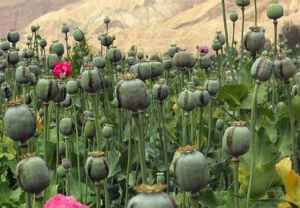 The triangle formed by the boundaries between Myanmar, India and China is a war zone. Ethnic conflicts are the reason for this, and the people of Kachin are fighting for greater independence and better resource management in their region. In fact, the land here is rich: precious stones, gold and wood cause envy.
The triangle formed by the boundaries between Myanmar, India and China is a war zone. Ethnic conflicts are the reason for this, and the people of Kachin are fighting for greater independence and better resource management in their region. In fact, the land here is rich: precious stones, gold and wood cause envy.
The region also cultivates a vast number of poppies which are necessary for the production of opium. Little by little, a drug war has overlapped with the already-present ethnic conflicts.
In 2018 alone, there were nearly 200 armed conflicts in the region, which led to more than 100,000 Kachin civilians being forced out of their homes into 172 refugee camps, all of which was kept quiet from the international community. Very few NGOs (non-governmental organisations) venture into this remote region. It takes a lot of courage for Kachin children to imagine anything other than war or drug addiction.
In this tense situation, the construction and operation of foster homes is supported by Children of the Mekong. This is a solution that works. The foster homes allow children from the most remote villages to live and study in a calm environment, near their school. They eat till they’re full, sleep in safety, sheltered from conscription and armed conflicts. They also attend free complementary classes. Given the low level of academia of teachers in the region, these are essential.
These foster homes, often managed by nuns or the school principal, also have a social mission. They have turned towards poorer families, orphans, and abandoned children, among others. They ask for a relatively small amount of money, but often, families cannot afford it. Child sponsorship with Children of the Mekong helps to overcome this lack of means, allowing the poorest children to continue with their studies.
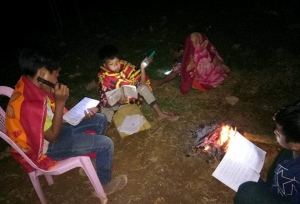
By sponsoring a foster home in Myanmar, you give children the opportunity to study in peace. Sponsorship costs £28 per month. This helps to fund the daily expenses (food, hygiene products, equipment) as well as cover the salaries of teachers who provide learning support for the children. In the way, the poorest families can sen their children here, even if they do not have money.
As a sponsor, you will receive regular updates from foster homes around the world. You can follow the children who study there and share in their joy as they go to school.
Sponsor a group of children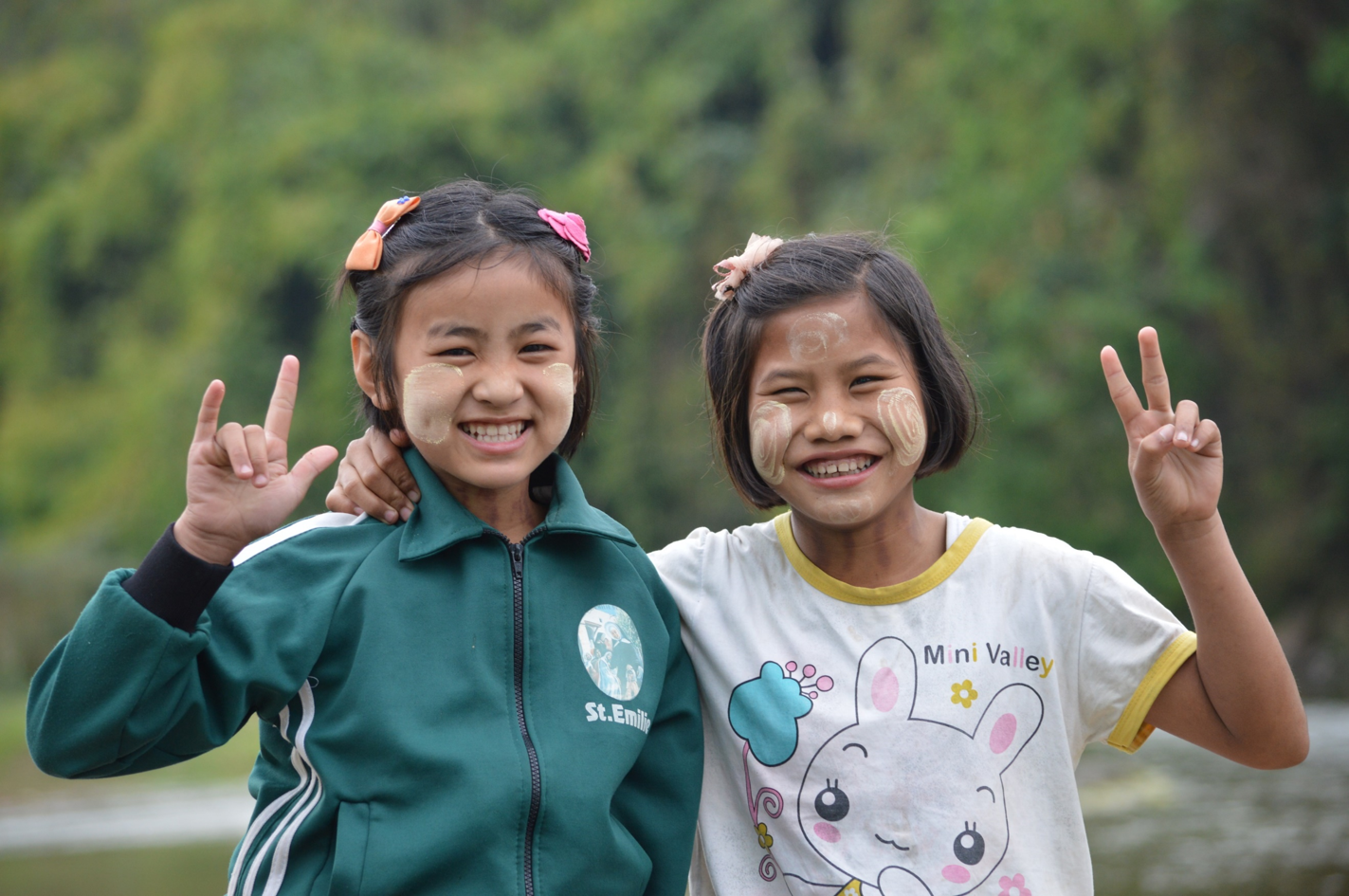
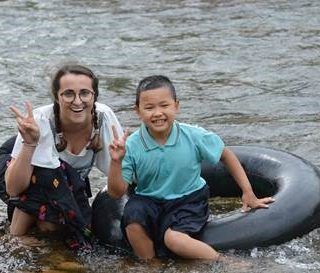
“The aim of these foster homes is to provide support by offering a good quality education to all children. This improves living standards for families as well as the quality of teaching. Daily life for these children is difficult. In spite of that, they are always smiling because they love where they come from, they have dreams and the privilege of going to school. By sponsoring these children, you offer them your hand and accompany them on their way towards a better future. In their eyes, you cannot put on price on that.”
Beyond a school, these foster homes and the pupils who attend bring to the region what it lacks the most: hope. This new generation of schoolchildren has enough motivation to move mountains.
It is they who will prove to the people of Kachin and Myanmar that another world is possible. A world in which guns will be replaced with a school bag.
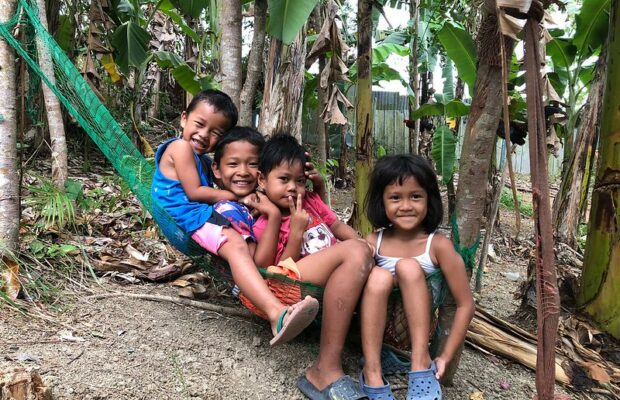
In the mountains of Cebu, child sponsorship has the power to send children to school safely and encourage them to chase their dreams.
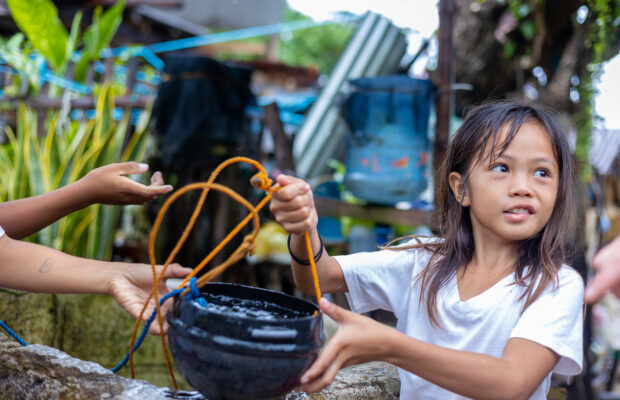
In the small town of Liboro, Philippines, sponsorship has the possibility of transforming the lives of young people by sending them to school.
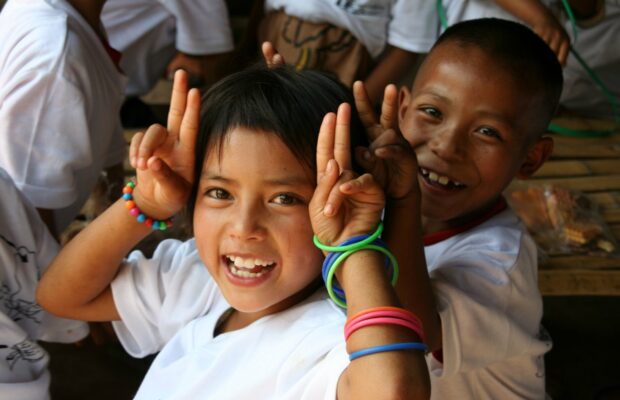
In this neglect community not far from Bangkok, sponsorship is vital in supporting the basic needs of families, enabling their children to attend school. […]
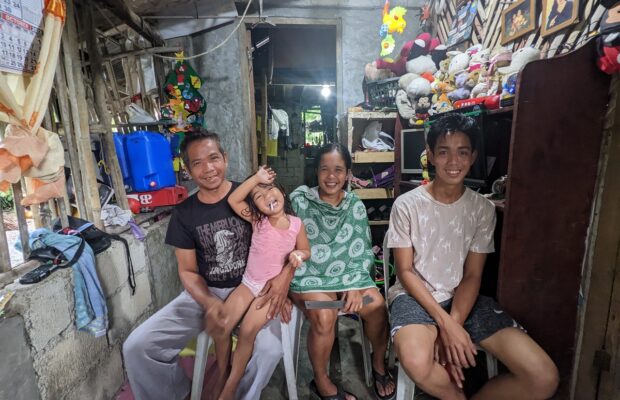
In this isolated region in the north of the country, it is difficult if not impossible for the poorest families to send their children […]
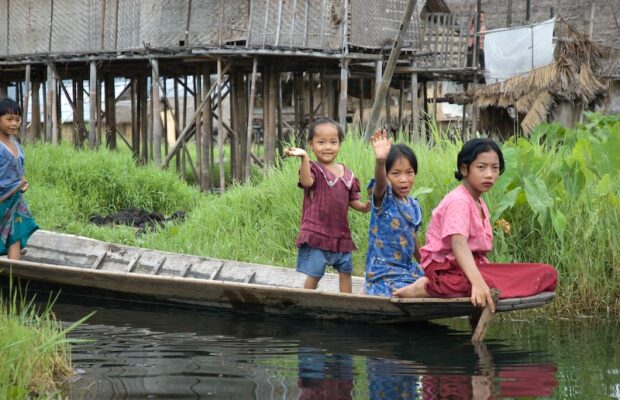
The current situation in Myanmar is more than complex – ethnic minorities are torn between a political crisis, increasing poverty, drug and human trafficking […]
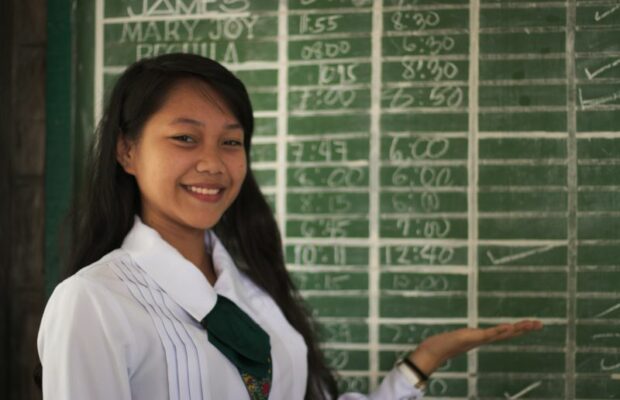
Urban poverty is appalling in the Philippines. Sponsor a child today and give them the chance to get out of poverty thanks to the […]
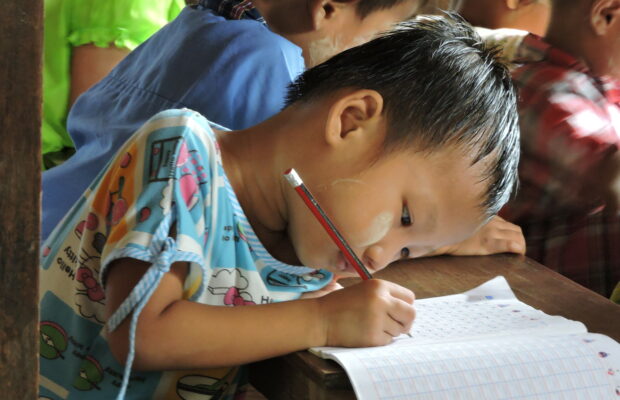
It is a real challenge for children in Tedim to go to school. This child sponsorship is a unique opportunity for these children to […]
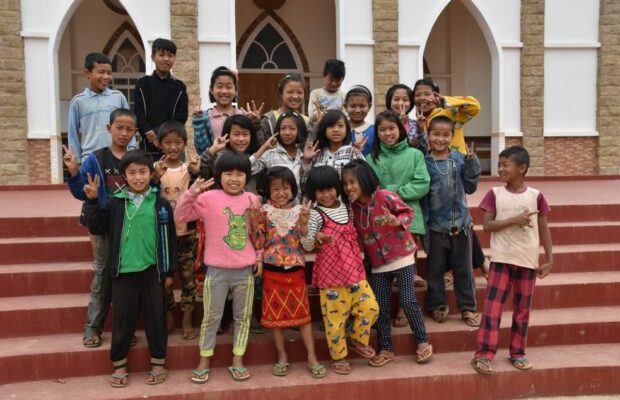
The Nam Khai programme supports the education of children who live in an isolated rural region plagued by armed conflict, drug trafficking and human […]
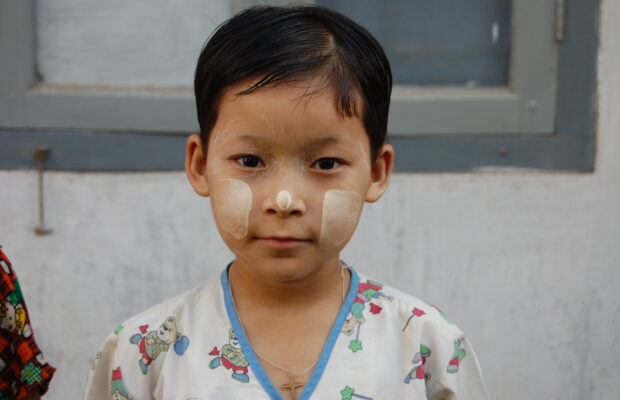
Sponsor a child from Myanmar
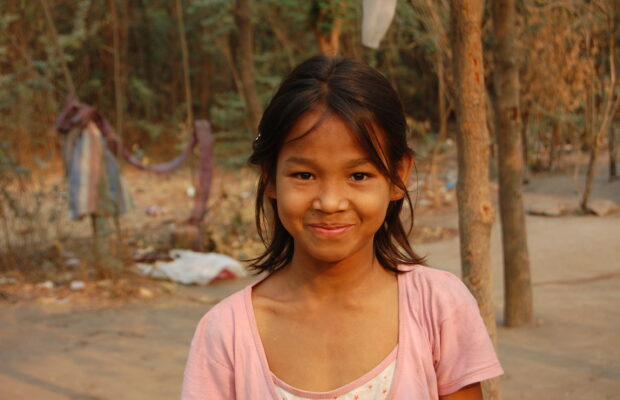
The Kyauk Tan centre, located east of Yangon, caters to children from communities that live on the margins of development. One-third of the children […]